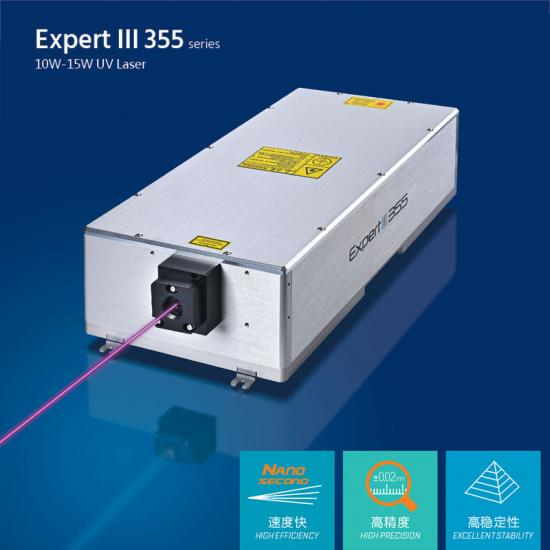
Solid-state laser uv 355nm marking metal castings
Oct 27 , 2022Solid-state laser uv 355nm marking metal castings
Castings are smelted liquid metals that are injected into a pre-prepared mold by pouring, injection, suction or other casting methods. Objects of a certain shape, size and performance.
Castings are widely used, commonly found in hardware and the entire mechanical and electronic industries, and their uses are constantly expanding. According to the needs of the industry, it is necessary to mark the product batch number, date, logo and other graphic information on the metal casting, and even mark the barcode and QR code for the convenience of scanning code identification. If labeling, inkjet or engraving are used, there are often fly in the ointment. For example, the label paper is easy to fall off, the metal adhesion is low and the code is easy to blur, and the steel engraving may gradually cause invisible damage due to mechanical stress. The traditional method can also add concave characters or convex characters to the mold in advance to directly obtain the corresponding graphics and texts, but this method has very high requirements on the mold, otherwise the graphics and texts are of low definition and difficult to identify.

Laser marking can perfectly avoid these problems. Laser marking is a marking method that uses a high-energy-density laser to locally irradiate the workpiece to vaporize or change the color of the surface material, thereby leaving a permanent mark. The markers obtained by laser marking are beautiful and fine, environmentally friendly and do not fade, are permanent, not easy to wear, and can meet the different marking needs of enterprises. It is a high-quality process for product identification and traceability.
In order to improve the marking quality, the solid-state laser uv 355nm beam quality is excellent (M2<1.2), coupled with the easy-to-focus characteristics of ultraviolet light, the diameter of the spot after focusing is only micron, so even tiny castings can be printed with various microns. It has high definition and high contrast, which is of special significance for the rapid identification of products and anti-counterfeiting. Moreover, the single-photon energy of ultraviolet light is high, the heat-affected zone is very small during marking, and there is no heating or thermal deformation on the inner layer and nearby areas of the casting surface, and non-contact processing can greatly reduce mechanical deformation. The advantages are beyond the reach of processes such as inkjet and steel engraving.